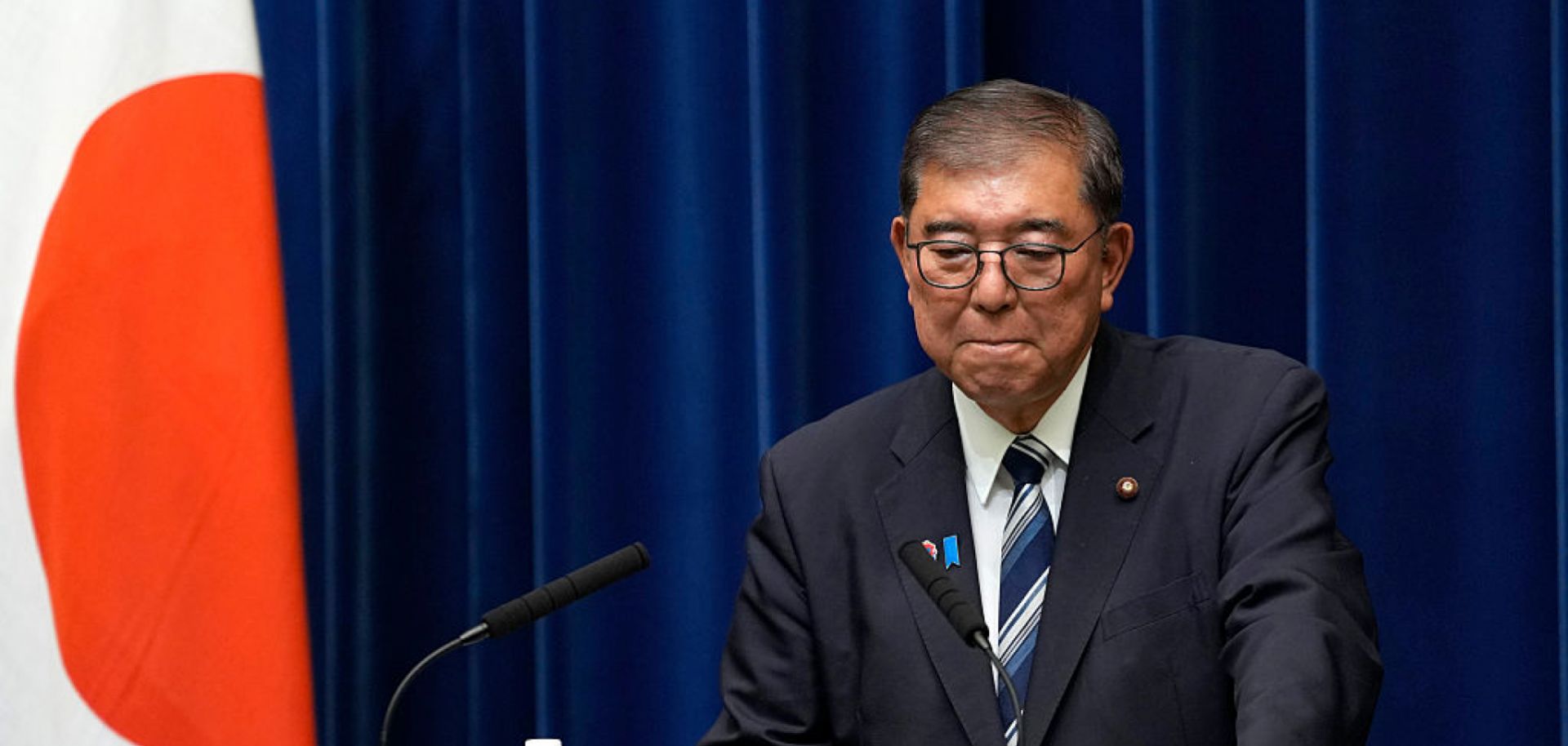In Japan, Prime Minister Shigeru Ishiba's resignation sets up a volatile party leadership contest between conservative and reformer candidates, with the former risking controversial anti-foreigner stances and strained China-South Korea ties, and the latter likely prioritizing domestic economic issues at the expense of foreign policy commitments. On Sept. 7, Ishiba announced at a press conference that he planned to resign from his position as soon as his ruling Liberal Democratic Party, or LDP, picked a replacement for him as party president. Ishiba cited his recent completion of negotiations on a U.S.-Japan trade deal as a reason for the timing of his decision, as he had stated on July 20 that he would not resign while trade talks remained unfinished. In addition, his announcement was likely intended to preempt the LDP's upcoming vote on whether to hold an early party presidential election, which was forecast to pass. This comes after Ishiba,...

